“On the ice, I feel unstoppable”: Special Olympians stealing hearts in Red Deer
RED DEER, Alberta – His program finished, Jeff Leung remains seated in the kiss and cry at these Canada Winter Games, a broad smile beaming across his face.
He isn’t going anywhere for a while.
Moments earlier, Leung, a Special Olympics athlete from Team B.C., had skated off the ice to a rousing ovation, absorbing the cheers with his arms raised to the heavens in triumph.
Now, it’s time for Leung to do the cheering. As Team Ontario’s Michael Raytchev performs his program, Leung stays in his spot, clapping his hands above his head as his new friend completes each element. As B.C.’s Eric Pahima, the final skater, finishes his program, both Leung and Raytchev are waiting for him, arms outstretched.
The music stops, and the crowd heads for the exits inside the Gary W. Harris Canada Games Centre as the Zamboni begins resurfacing the ice, the day’s competition over.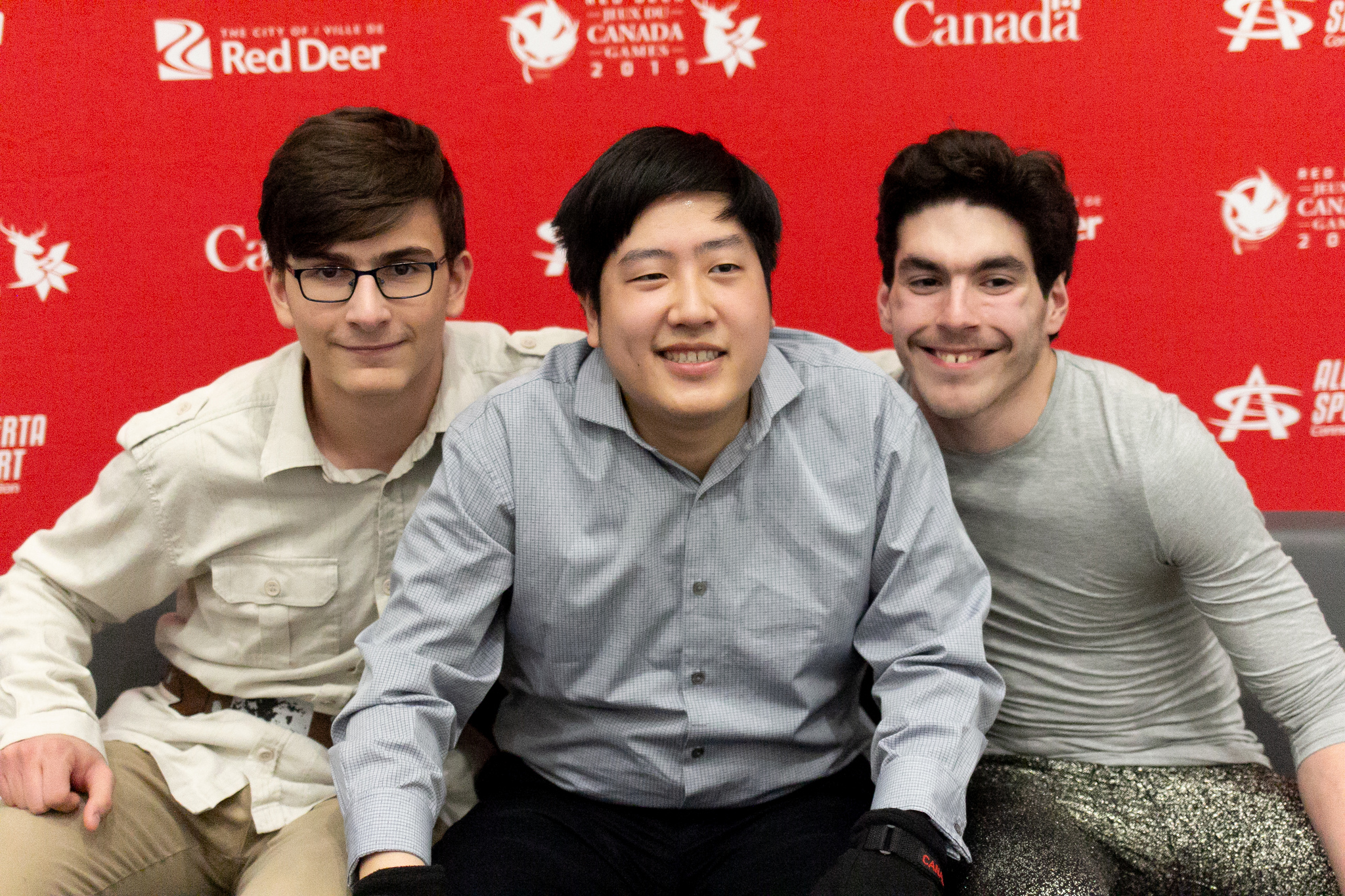
The three friends stay in the kiss and cry, basking in a moment that is theirs alone. A dream realized, their own personal finish line crossed.
No one asks about medals. This moment, their moment, means so much more.
“It’s the friends I make that means most,” says Pahima, flanked by Leung and Raytchev. “And to stand at centre ice, standing tall, and seeing all those people cheering me on.”
“To me, skating is all about the freedom. When I’m on the ice, I feel unstoppable. Untouchable.”
More than 4,000 kilometres and three time zones stand between Raytchev and the two B.C. skaters. Three days ago, they had never met.
You’d never know it. Now, their bond is inseparable.
 “I like to have a great time and entertain the crowd,” says Leung with a smile. “And I just love cheering for my friends.”
“I like to have a great time and entertain the crowd,” says Leung with a smile. “And I just love cheering for my friends.”
Such is the spirit of the Special Olympic athletes participating in the figure skating events at these Canada Winter Games. With their infectious energy and unequivocal sportsmanship, these beautiful, wondrous “Special O” athletes, competing in four men’s and women’s events, seem to be stealing the show – and more than a few hearts – at the Gary W. Harris Canada Games Centre.
Before Raytchev skates, the entire Team Ontario figure skating team convenes in the stands and screams as one for him. As Raytchev finishes his program, they rise and bellow out the Ontario chant, complete with a beating drum and Viking clap. He laughs and waves at his teammates.
“It feels amazing to see my team do that, and to be here with my friends,” says Raytchev, an ear-to-ear smile etched across his face. “I feel my team is always behind me. It doesn’t matter if I make a mistake, they will cheer for me until the end.”
“You see the entire Ontario team come back to watch, and you begin to realize the effect these athletes have on everyone,” says Cathy Skinner, Team Ontario’s Special Olympics coach. “This is Michael’s first-ever Games, and he was really nervous. He’s never skated in front of a crowd before. They loved him. They loved all of them.”
“You saw them at the boards. All of them cheering, yelling, for each other, shaking hands. You just don’t see that very often in sport.”
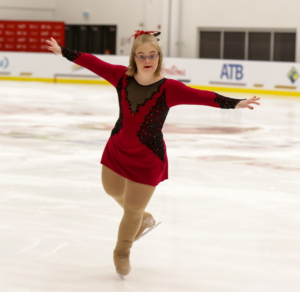
“I don’t think you can put into words what these athletes do for us, it’s really too hard,” adds Jessica Chapelski, Special Olympics figure skating coach for Team B.C. “It reminds us of what sport is all about – to have fun, to try to reach personal bests and accomplish things you never thought you would.”
Hugs, smiles and high-fives are mandatory here. The athletes want to win, but that is almost secondary. It’s about the friendships and a chance to take their bow at centre ice.
“It feels cool but weird in a way,” says Melanie Taylor, a Special Olympian from Team Newfoundland and Labrador competing in the Women’s Level II category. “You’re competing and representing your province, but that means you are competing against others, too. I like to cheer for others.”
“When I’m out there, I feel popular.”
Taylor went on to win gold in the Women’s Level II event, securing Newfoundland and Labrador’s first medal of these Games.
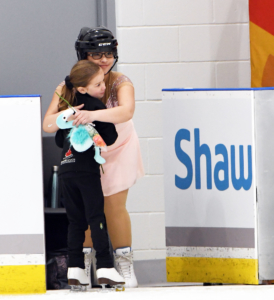
“They just have so much passion for our sport,” adds Neil Thorne, Special Olympics coach for Team Newfoundland and Labrador. “They make long-lasting friendships here, and that is probably the most important thing. These are great role models for all athletes.”
Barb Prystai, Team Alberta’s Special Olympics coach, is attending her fifth Canada Winter Games. Her heart swells with pride and, just like Skinner and Chapelski, her eyes well with tears as she speaks.
“It’s about the sheer joy of sport. They just celebrate life,” says Prystai. “Don’t get me wrong, they want to win, there’s no doubt about it, but if they don’t, tomorrow’s another day. They’ve won by being here, by being included. They want to be part of the team. That’s the win.”
And no medal can ever shine brighter than that.


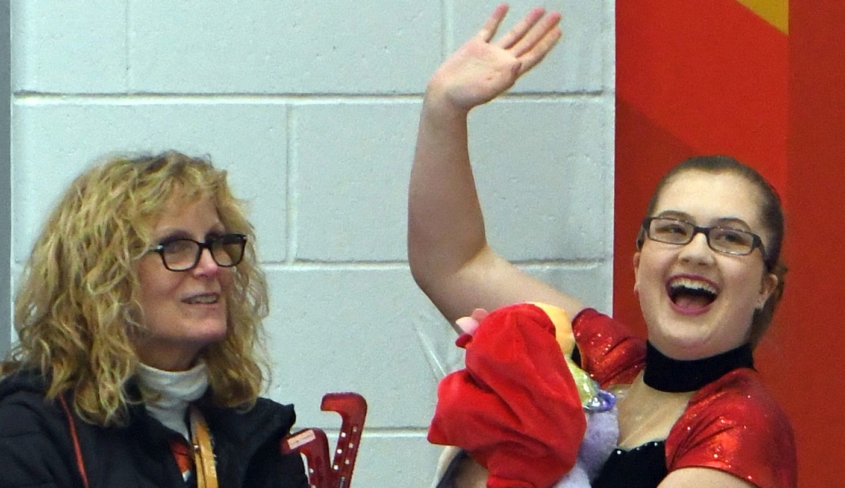
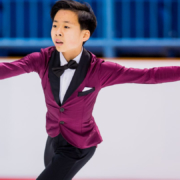
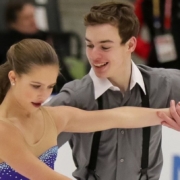
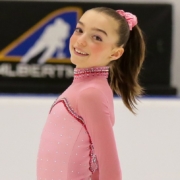
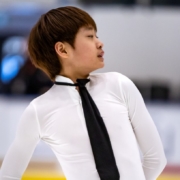
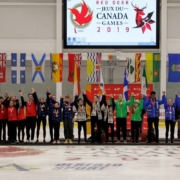


Leave a Reply
Want to join the discussion?Feel free to contribute!